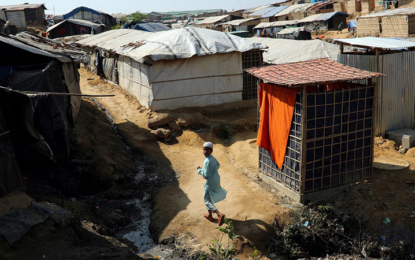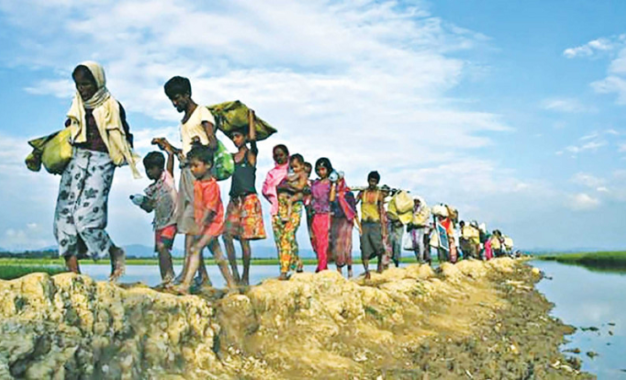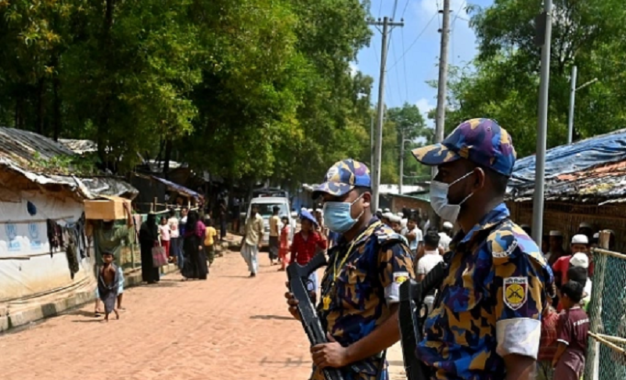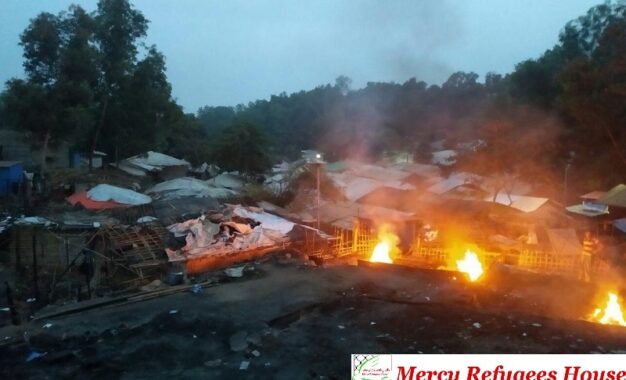Latest News
Bangladesh: ‘Restrictions on Rohingya raise virus risk’
Bangladesh, Human Rights, Refugees Issues, Refugees issues
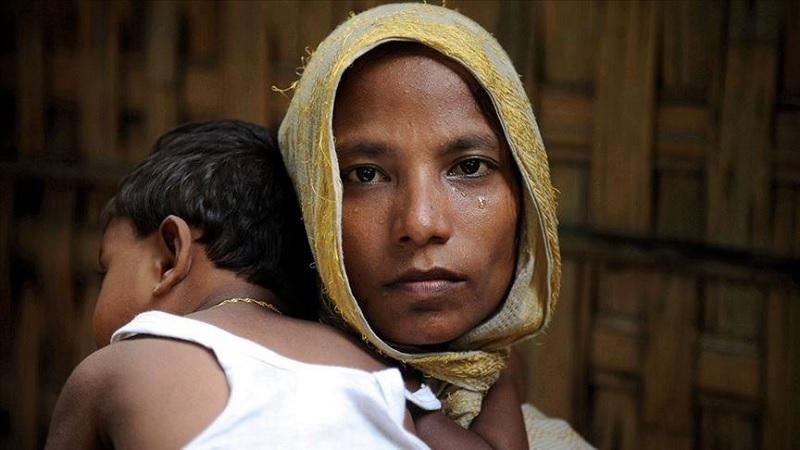
Dozens of international rights groups have called on Bangladesh to lift restrictions imposed on the persecuted Rohingya community living in the Cox’s Bazar refugee settlement.
In a letter to Prime Minister Sheikh Hasina, 50 rights organizations said the limitations on movement and internet and mobile coverage could have grave consequences.
“We write to urge you to lift ongoing mobile internet restrictions and halt the construction of barbed wire fencing around the Rohingya refugee camps in Cox’s Bazar District,” read the joint appeal by organizations, including Human Rights Watch and several Rohingya diaspora groups.
Referring to the COVID-19 pandemic, they said the restrictions put refugees, host communities, and aid workers at high risk.
Since September 2019, Bangladeshi authorities have prevented Rohingya refugees from obtaining mobile SIM cards, while operators have been told to restrict internet coverage in refugee camps in Cox’s Bazar.
The letter said more than 12,000 SIM cards have been taken from refugees since September and, in some instances, authorities have prohibited the use of mobile phones altogether.
“As the COVID-19 pandemic spreads to Bangladesh, unrestricted access to information via mobile and internet communications is crucial for slowing the transmission of the disease and saving the lives of refugees, humanitarian workers, and the general population of Bangladesh,” the groups warned.
ALSO READ THIS: War crimes, not genocide committed against Rohingya: Myanmar probe
Bangladesh has 56 confirmed COVID-19 cases and six deaths so far, while 25 people have recovered, according to data compiled by the U.S.-based Johns Hopkins University.
“Without access to mobile and internet communications, aid workers and others will be forced to deliver critical health information in person, heightening their risk of exposure to COVID-19 and slowing the effectiveness of the response.”
The rights organizations also criticized Bangladesh’s move to install fences and guard towers around Rohingya refugee camps, which started in November last year.
Amazon Sponsorship
Recent Posts
Jul 29, 2023
It has been close to six years since hundreds of thousands of Rohingya faced a deadly genocide by Myanmar’s military and fled the country in search of protection and refuge in neighbouring Bangladesh. The Rohingya population has been undergoing persecution, discrimination, arbitrary arrests, and atrocities in Myanmar for over seven decades. Their condition is alarmingly […]


